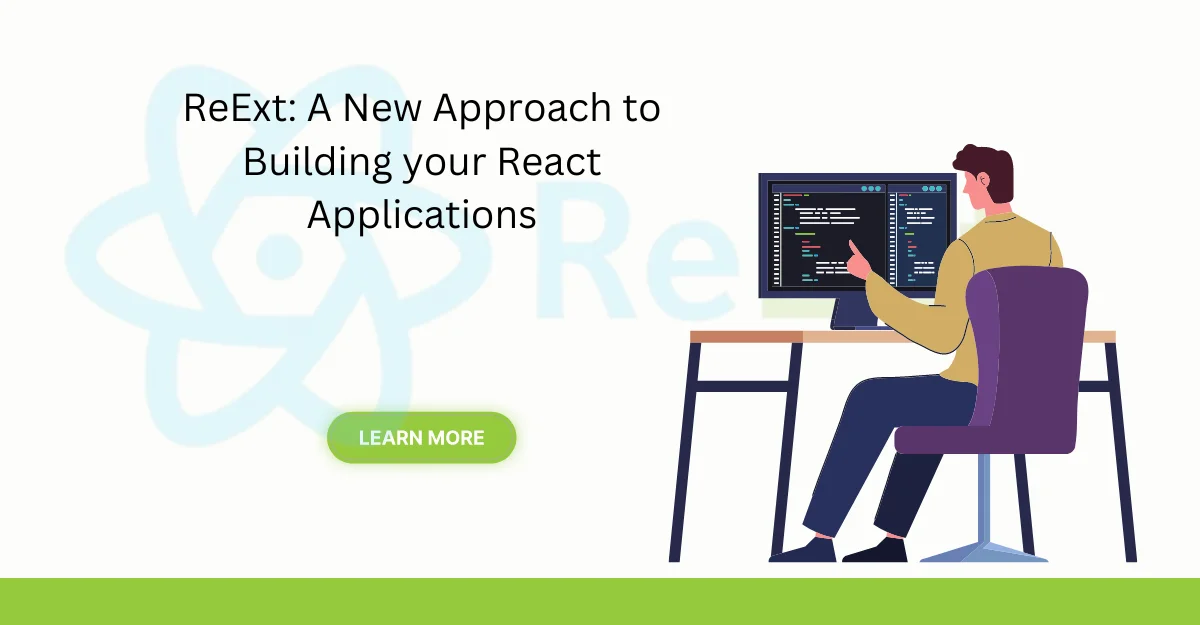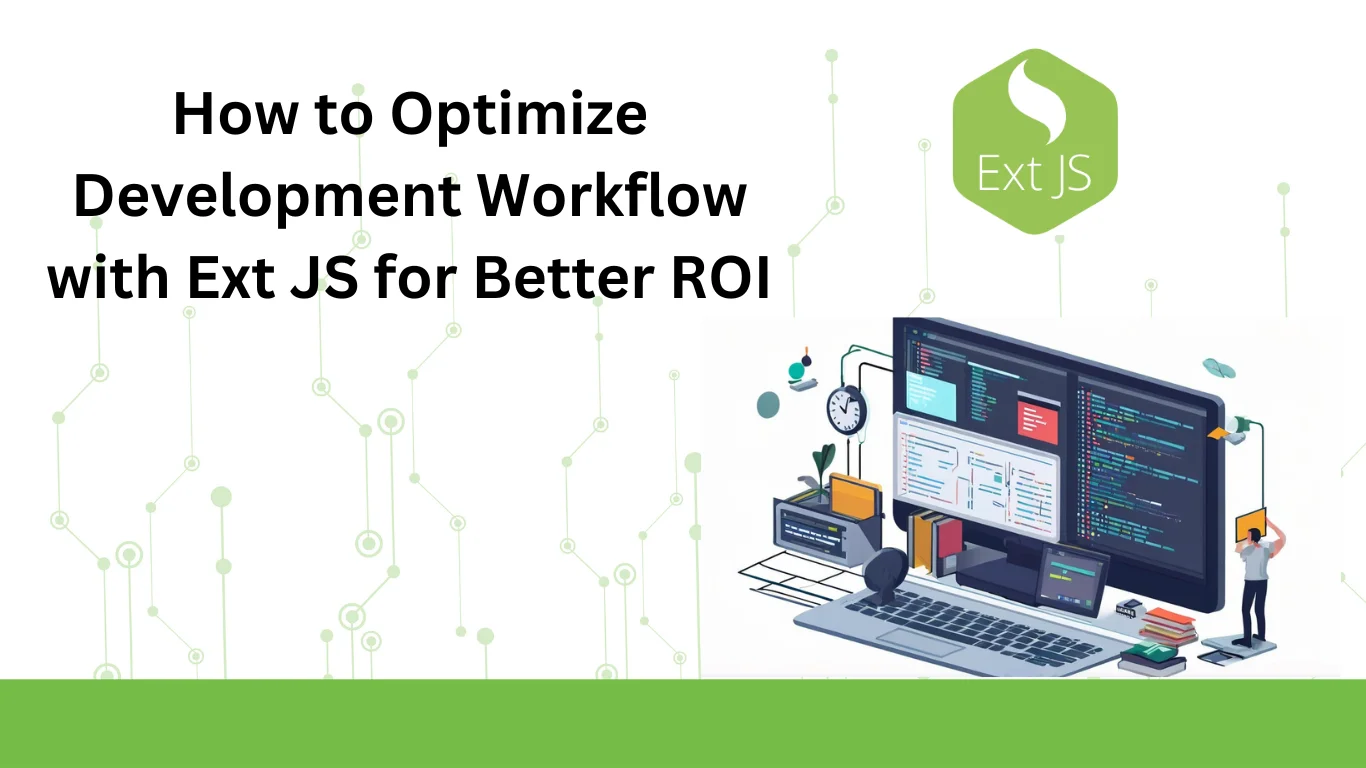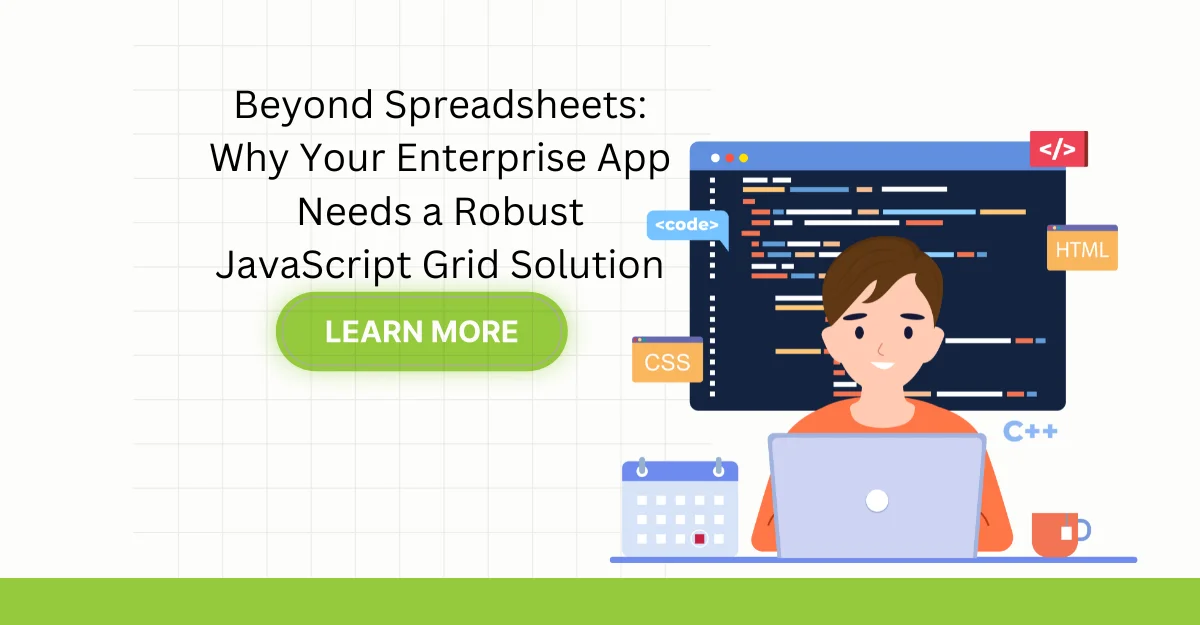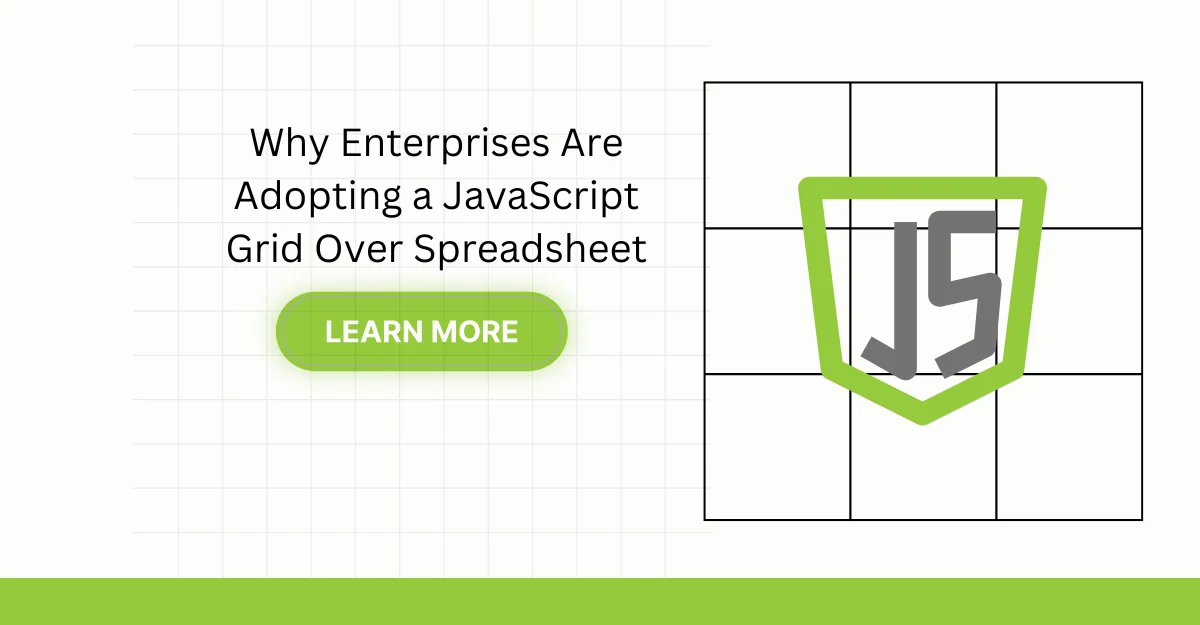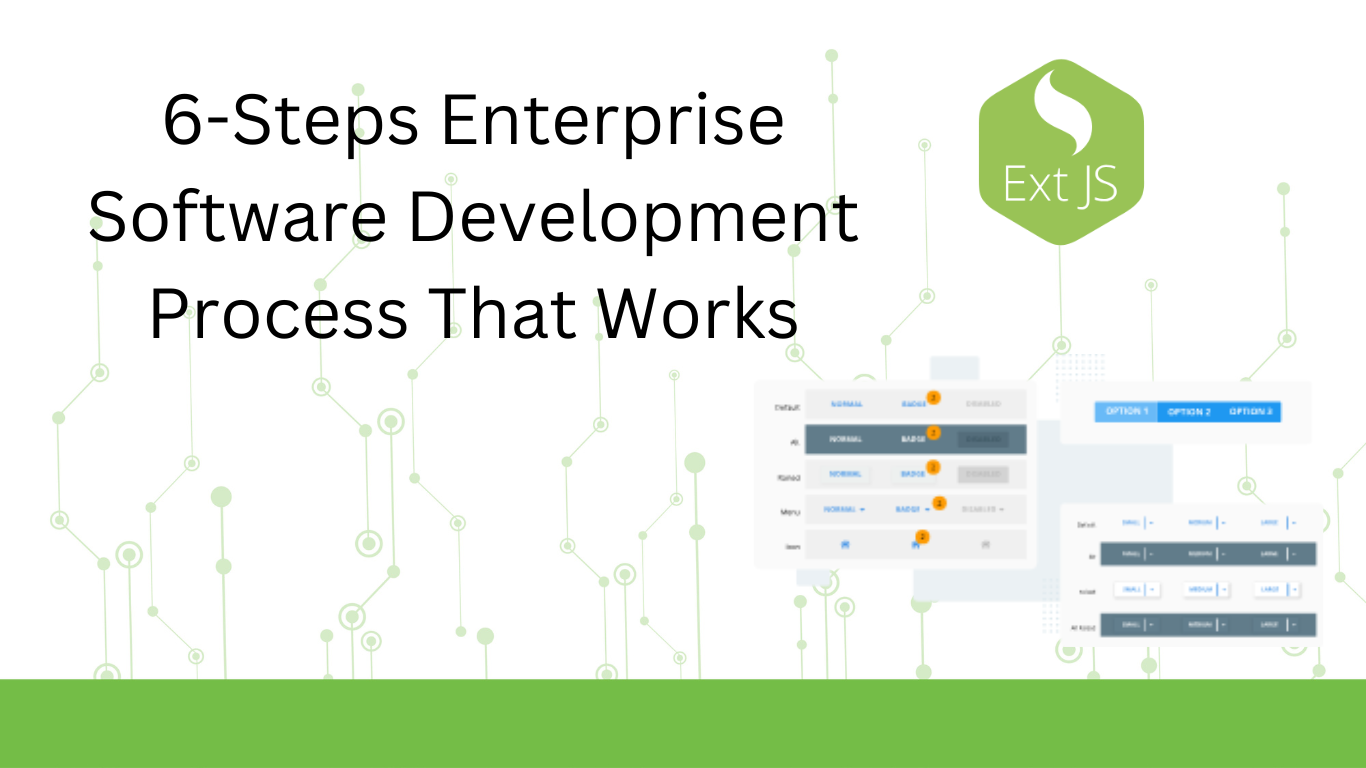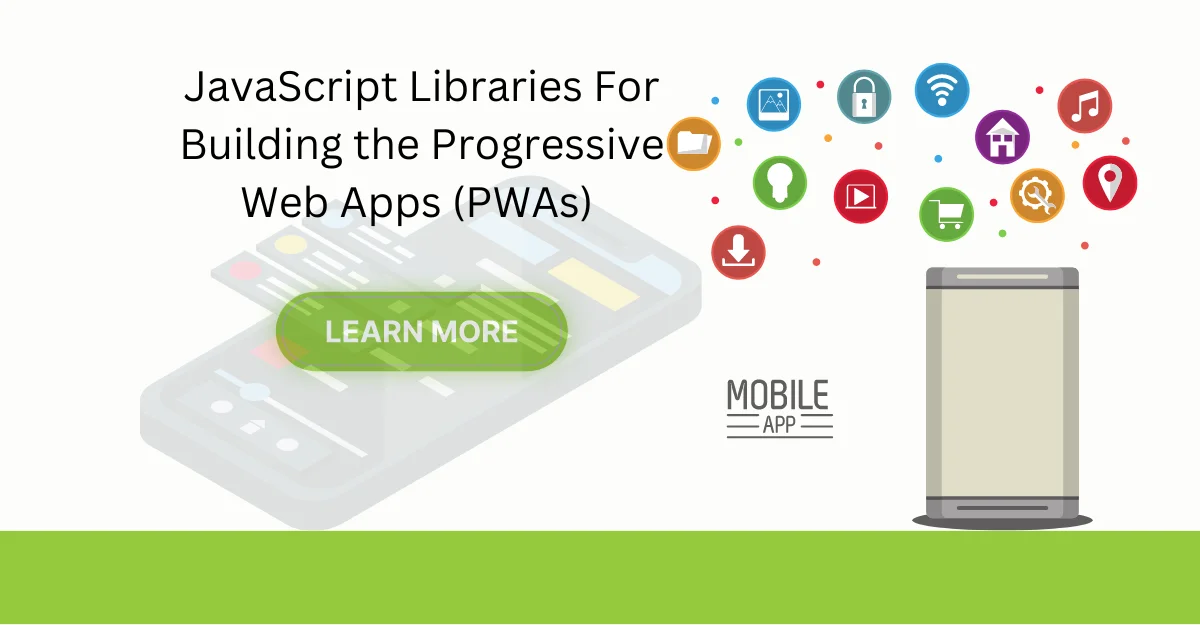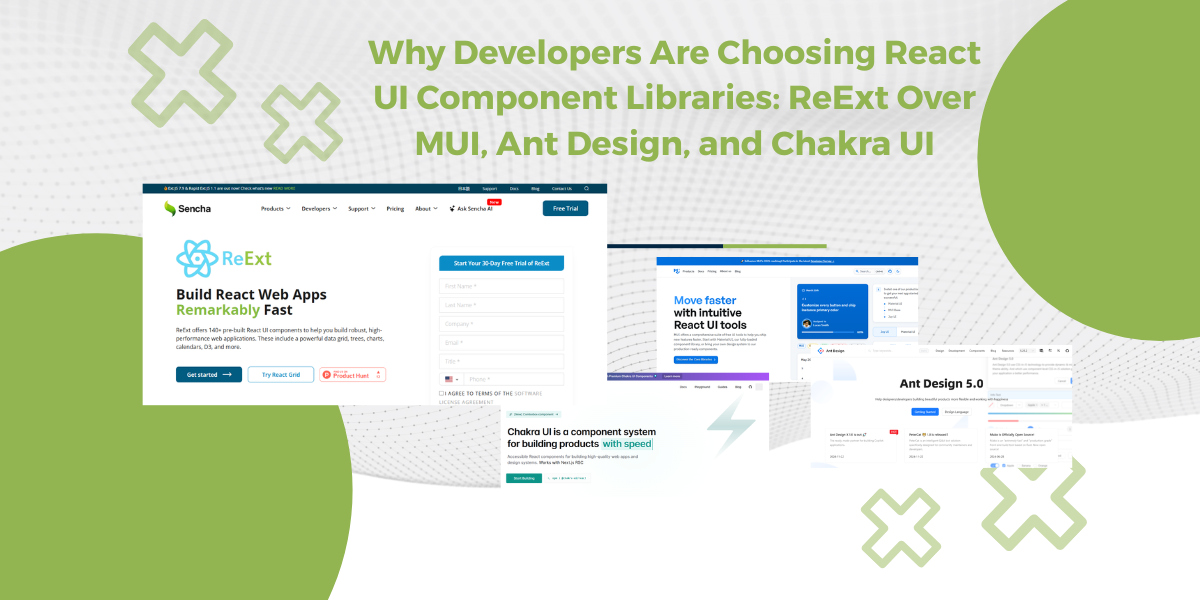
These days, React is the backbone of tons of websites. React is used by over 44 million live websites worldwide, with millions more having used it in the past. With that kind of popularity, it’s no surprise that the React…
Subscribe to our newsletter
Be the first to learn about new Sencha resources and tips.




